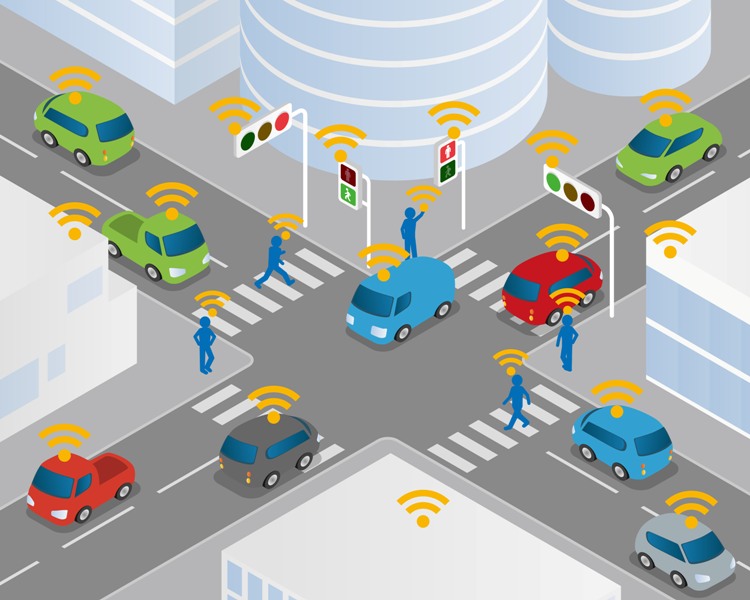The Flip Side of Progress: Unveiling the Disadvantages of Modern Transport

In the era of rapid technological advancements, the transportation sector has seen a significant transformation. Modern transport systems, from high-speed trains and electric cars to airplanes and cargo ships, have revolutionized the way we travel and transport goods. However, as with any technological advancement, modern transport systems come with their own set of disadvantages. This article aims to shed light on some of these drawbacks, providing a balanced perspective on the impact of modern transport.
- Environmental Impact:
One of the most significant disadvantages of modern transport is its detrimental impact on the environment. Despite the advent of electric vehicles, a large proportion of transport systems still rely on fossil fuels, contributing to air pollution and global warming. Even electric vehicles, while reducing emissions, require electricity often generated from non-renewable sources. Furthermore, the production and disposal of batteries for electric vehicles pose additional environmental challenges.
- Infrastructure and Maintenance Costs:
Modern transport systems require substantial investment in infrastructure and maintenance. High-speed rail networks, airports, and highways necessitate significant capital expenditure, often burdening governments and taxpayers. Moreover, the maintenance and upgrade of these infrastructures can be costly and complex.
- Safety Concerns:
While modern transport systems are designed with safety in mind, accidents and malfunctions can still occur, often with devastating consequences. Air and rail accidents, though rare, can result in significant loss of life. Additionally, the increasing reliance on technology and automation raises concerns about cybersecurity and the potential for malicious attacks on transport systems.
- Social Impact:
Modern transport systems can also have negative social impacts. The construction of transport infrastructure often leads to displacement of communities and destruction of natural habitats. Moreover, the noise and air pollution associated with transport systems can negatively impact the quality of life for people living in close proximity to these infrastructures.
- Health Implications:
Air pollution from transport emissions has been linked to various health issues, including respiratory diseases, heart disease, and even cancer. Moreover, the sedentary lifestyle encouraged by over-reliance on motorized transport can contribute to obesity and other health problems.
- Economic Disparities:
While modern transport systems can boost economic growth, they can also exacerbate economic disparities. Access to modern transport is often concentrated in urban and wealthier areas, leaving rural and poorer regions underserved. This can perpetuate economic inequality and hinder inclusive growth.
In conclusion, while modern transport systems have undoubtedly brought numerous benefits, it is crucial to acknowledge and address their disadvantages. Balancing the need for efficient transport with environmental sustainability, safety, social equity, and health considerations is a complex but necessary task. As we continue to innovate and improve our transport systems, these challenges should be at the forefront of our considerations, guiding us towards more sustainable and equitable transport solutions.